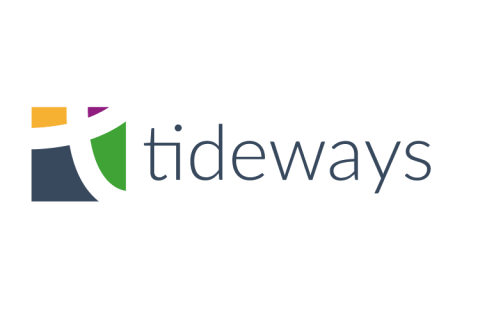Four Logging Best Practices for Production Applications
Logging is an essential part of just about any PHP-based application; whether in a script or a larger application. However, how little is too little and how much is too much to log? If we don't log enough information, when something goes wrong, as it invariably does, then we won't have enough information available to determine what went wrong so that we can fix the problem. However, if we have too much information, then we'll be unable to filter out the white noise.








